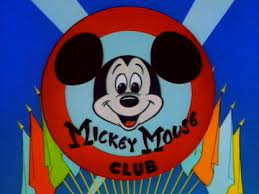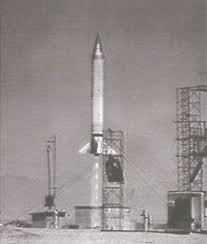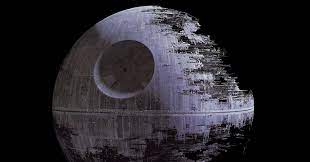On October 3, 1955, a beloved television program made its debut on American screens - The Mickey Mouse Club. This iconic show, which aired on the ABC network, quickly became a cultural phenomenon and left a lasting impact on generations of viewers.
The Mickey Mouse Club was a variety show aimed at children and featured a group of talented young performers known as the Mouseketeers. Led by the affable host, Jimmie Dodd, the Mouseketeers entertained audiences with a mix of music, dance, comedy skits, and educational segments.
The show's format was structured around a daily routine, with each episode beginning with the iconic theme song, "The Mickey Mouse Club March." The Mouseketeers would then engage in various activities, including talent showcases, song and dance performances, and educational segments focused on topics such as history, science, and geography.
The Mickey Mouse Club quickly gained a devoted following, with children eagerly tuning in to watch their favorite Mouseketeers. The show's popularity was fueled by its relatability, as the Mouseketeers represented a diverse group of young performers from different backgrounds, appealing to a wide range of viewers.
The show's impact extended beyond the television screen. The Mickey Mouse Club became a cultural phenomenon, with merchandise such as toys, clothing, and collectibles flying off the shelves. The Mouseketeers themselves became household names and gained a dedicated fan base. The show's iconic ears and logo, featuring Mickey Mouse's familiar silhouette, became synonymous with childhood and Disney.
The Mickey Mouse Club also played a pivotal role in launching the careers of several young performers who went on to achieve success in the entertainment industry. Notable alumni include Annette Funicello, who became a popular actress and singer, and Ryan Gosling, who later found fame as an acclaimed actor. The show provided a platform for these talented individuals to showcase their skills and kick-start their careers.
Beyond its entertainment value, The Mickey Mouse Club also emphasized positive values and life lessons. The show promoted themes of friendship, teamwork, and perseverance, teaching young viewers important lessons in character and morality. It fostered a sense of community and inclusivity, encouraging children to embrace their individuality and celebrate diversity.
The Mickey Mouse Club's impact extended beyond its initial run, as it was revived in various iterations over the years. Each version of the show retained the core elements that made it so beloved, while also adapting to the changing times and evolving television landscape.
Even today, The Mickey Mouse Club remains a cherished part of popular culture. Its enduring legacy is a testament to the timeless appeal of its characters, the talented performers who brought them to life, and the messages of friendship and positivity that it conveyed.
On October 3, 1955, The Mickey Mouse Club made its debut and captured the hearts of children and families across America. Its blend of entertainment, education, and positive values resonated with viewers, making it an enduring and influential television program. The show's impact continues to be felt to this day, as it remains an iconic part of Disney's rich history and a treasured memory for those who grew up with the Mouseketeers.






